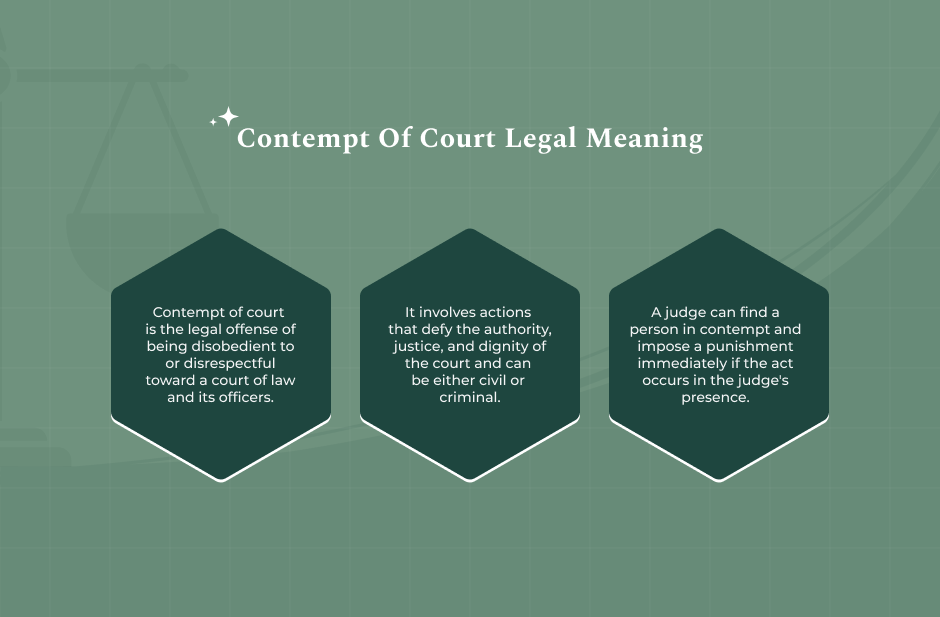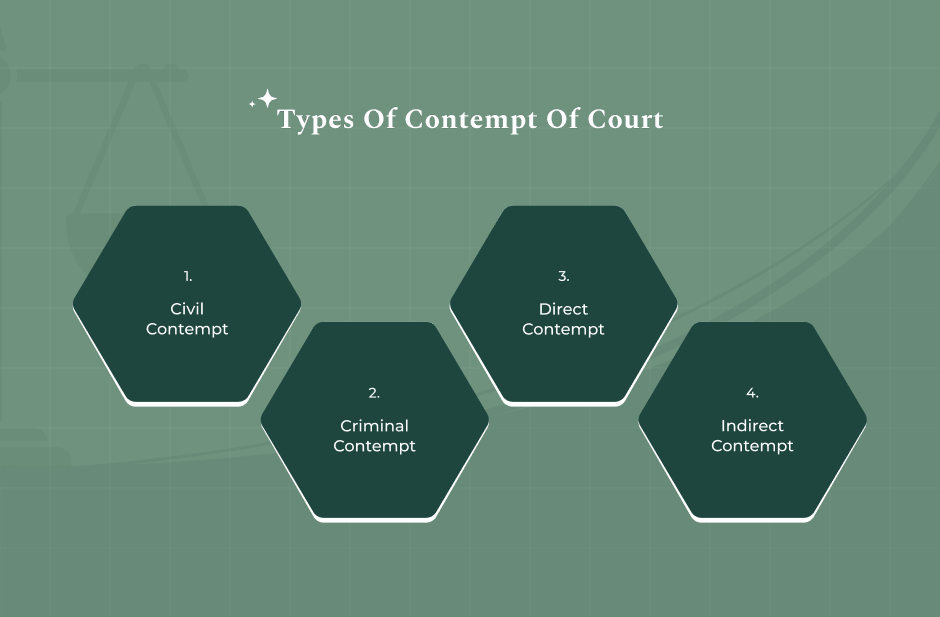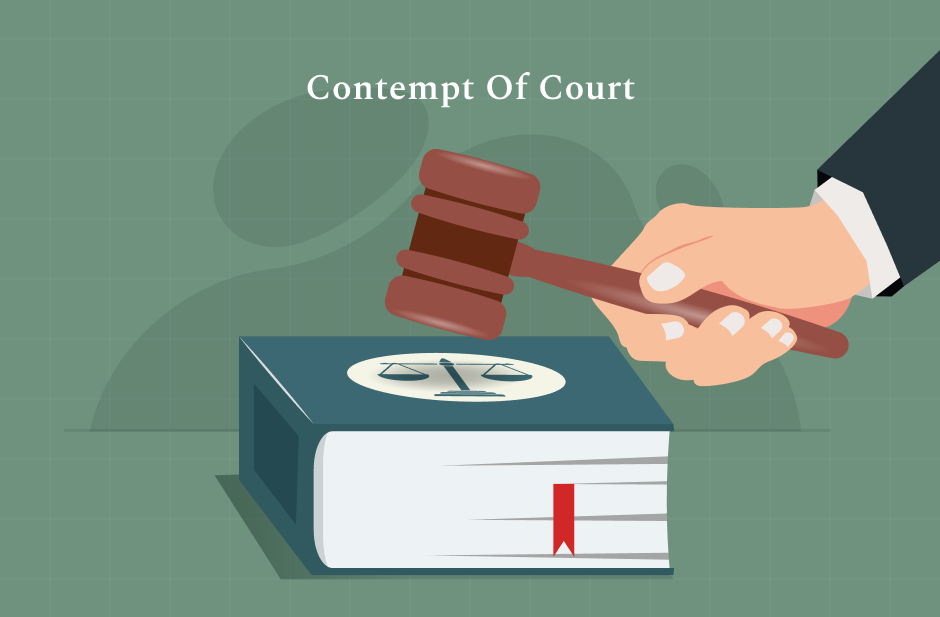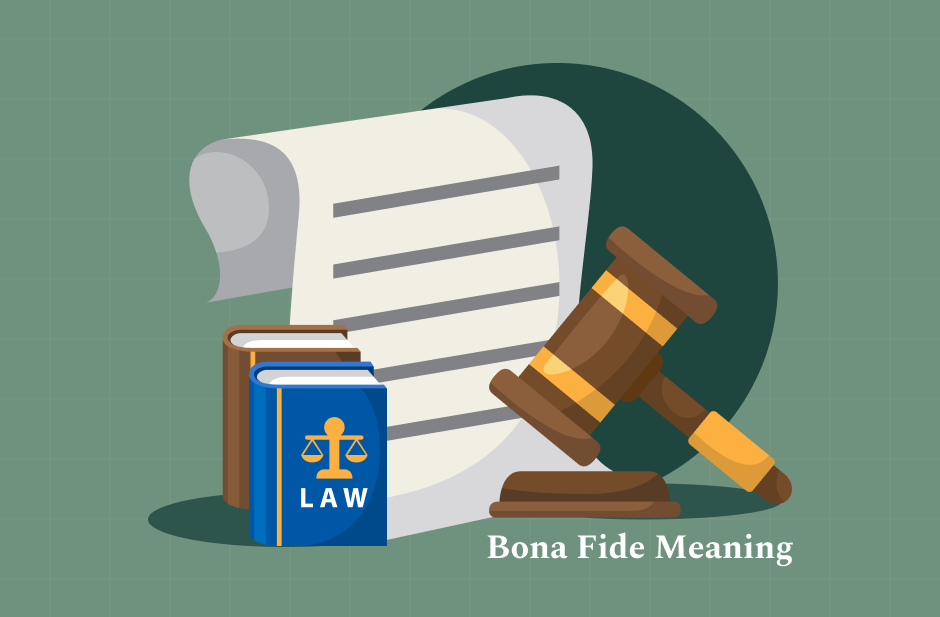Work is the basis of the law process, and respect and obedience are what it hinges on. If individuals or institutions dishonor the authority of a court, they are subject to a severe legal penalty known as contempt of court. It is disobedience or dishonor to the judicial branch of government.
Contempt of court should never be known only to lawyers. It is obligatory for all members of the legal process. Additionally, the doctrine of contempt of court is a veiled attack on the rule of law.
Legal Foundations- What Is Contempt Of Court?

Contempt of court is not being rude in court. It is disrespectful to the majesty and dignity of a court. The reason behind this act is that the dignity of courts must be maintained.
Moreover, this also serves to ensure that the administration of justice is not disrupted or interfered with
General Definition
In plain terms, the contempt of court definition would be anything that obstructs or interferes with the administration of justice. It is a conscious refusal to obey a lawful order of the court.
Or, it might be an act showing disrespect to the judge or to the proceeding.
Every jurisdiction would have its definition. However, the basic idea would always be the same.
Jurisdictional Variations
State and federal courts also have their own definitions and rules for contempt of court. Despite these inconsequential differences, the foundation of the concept lies in the fact that judicial orders are coercive in character.
All the courts, including local family courts up to the Supreme Court, also possess inherent power to require compliance and punish interference.
Types Of Contempt Of Court

The law classifies contempt of court under different categories based on intent and where the offense is committed. This impacts the punishment that follows.
1. Civil Contempt
Civil contempt occurs when a person disobeys a court order. The primary purpose of a civil contempt sanction is to compel the person to obey. An example is when a person denies paying child support as directed by the court. The court may then impose imprisonment on them.
This detention is only temporary until the person complies with the initial order, and they are handed the “keys to their own cell.”
What do you do when you are in contempt of court in such a case? You are compelled to perform your legal duty.
2. Criminal Contempt
Criminal contempt is conduct that exhibits disrespect or disobedience of the jurisdiction of the court. This is punitive in its intention. It seeks to punish already committed offenses and to deter future offending.
Examples are insulting a judge, screaming in court, or interfering with a trial. Punishments for criminal contempt are fines and imprisonment.
In contrast to civil contempt, criminal contempt punishment is certain and never automatically terminates whenever a person decides to obey (Source: U.S. Department of Justice).
3. Direct And Indirect Contempt
Depending on the location of the act, the court’s contempt is either direct or indirect.
Direct contempt occurs in the immediate presence and sight of the court. A lawyer who continues to argue despite being directed to desist is guilty of direct contempt of court. It can be punished by the judge summarily.
Indirect contempt, also known as constructive contempt, occurs outside of court. Refusal to hand over documents by subpoena or in disregard of a restraining order amounts to indirect contempt.
Moreover, a person who is charged with indirect contempt must be given notice and an opportunity to be heard.
Key Legal Precedents And Case Studies
History demonstrates to us the limits and confines of contempt of court powers. The judicial confines are described through such case studies of contempt.
1. Pennekamp v. Florida (1946)
The U.S. Supreme Court weighed the First Amendment against the contempt of court power. A publisher and an associate editor of a Florida newspaper were accused of contempt.
They had been critical of the way in which some cases had been disposed of by a court. The Supreme Court also reversed the contempt of court conviction.
It is believed that a court may criticize as long as it is not creating a “clear and present danger” against the orderly administration of justice.
Notably, it falls within free speech protection.
This is a typical case that held that the contempt power of the court cannot stifle proper press criticism.
2. Virginia Supreme Court Decision (2025)
One recent case heard by the Virginia Supreme Court showcased the application of judicial restraint. The court overturned a conviction of contempt of court against a domestic violence victim. The original charge was that she refused to testify against her abuser.
The Supreme Court reiterated the fact that the application of contempt of court should not override the victim’s needs or the higher interests of justice.
Moreover, this shows that courts are getting more advanced in their application of contempt judicial precedents.
Cross-Border Application Of Contempt
Contempt law is not American.
In a scandalous case in another country in the world, toppled Prime Minister Sheikh Hasina of Bangladesh was in 2025 found guilty of contempt of court. The justification for the case was that she publicly condemned an ongoing case of corruption.
According to Reuters, it indicates the far-reaching international application of contempt of court law. Moreover, it justifies the belief that no one is beyond the jurisdiction of the court.
Punishment And Penalties For Contempt
Contempt of court is a severe offense. Contempt penalties are an effective deterrent.
1. Fines
Monetary fines may be used by the court. These can be colossal.
2. Imprisonment
A judge may impose time in jail. In civil contempt, the jail time is coercive. In criminal contempt, the jail time is punitive.
3. Other Sanctions
Other sanctions may also be imposed by judges. These include community service, payment of attorney fees of the opposing party, or restriction on certain activities.
These are all expressions of the power of the law over disrespect of the court.
Contempt In Family Law
Family courts often address contempt of court. It is the most utilized method to enforce domestic orders.
Typical Violations
Ignoring child support or custody orders is the most common offense. A parent willfully failing to pay support or disrupting the visitation arrangement will be subject to family law contempt. The courts will not tolerate interference with children’s welfare.
Remedies Through Law
In such a case, fear of contempt of court is usually used by the judge as a means of enforcing obedience.
The non-conformist party is held in detention by the judge until something is paid or until one complies with obeying the court’s order. Therefore, this is proof that civil contempt is effective in achieving a desired result.
Best Practices For Avoiding Contempt
It is simple to avoid a finding of contempt of court. Remain respectful to the judicial system, and it will always return the favor.
1. Respect Court Orders
You must comply with court orders at all times. If the court directs you to pay, appear, or turn over documents, comply. Moreover, the event that you are unable to do so for some reason, make an instant motion with the court stating reasons.
2. Maintain Courtroom Dignity
Be polite. Do not interrupt the judge and avoid any abusive language. Turn off all electronic devices. This keeps you away from direct contempt charges.
3. Obtain Legal Advice
If in doubt of your legal needs, especially as concerns compound orders, consult an attorney. Remember, anticipatory legal advice keeps you away from indirect contempt charges.
Frequently Asked Questions (FAQs):
Contempt of court is a strong legal penalty. It preserves the dignity and effectiveness of the overall judicial process. The law clearly announces that disobedience or disrespect for the courts is a very serious offense.
Citizens may help preserve respect for the rule of law by knowing the “definition of contempt of court” and obeying the rules. Following the legal process is important so that justice may be delivered.
Ans. The most significant difference is the aim of the sanction. Civil contempt is coercive.
Remember, the sanction, which is most often jail, does not last longer than until the contemnor complies obediently with the court order.
The aim is to compel him or her to obey. It is punitive.
Also, the sanction, a special fine or jail time, is designed to punish the prior disobedience and to uphold the power of the court.
Ans. Yes. A witness who refuses to testify can be lawfully subpoenaed. Thus, they can be coerced by the court to answer a question. If they don’t, they may be held in contempt of court.
Moreover, it is an act of direct contempt if it happens in the courtroom. It does indeed interfere with the administration of justice. But the witness can plead their right under the Fifth Amendment.
Ans. Contempt of court covers disrespecting or disobedience of the command or authority of the court. Perjury is lying in court under oath deliberately.

















